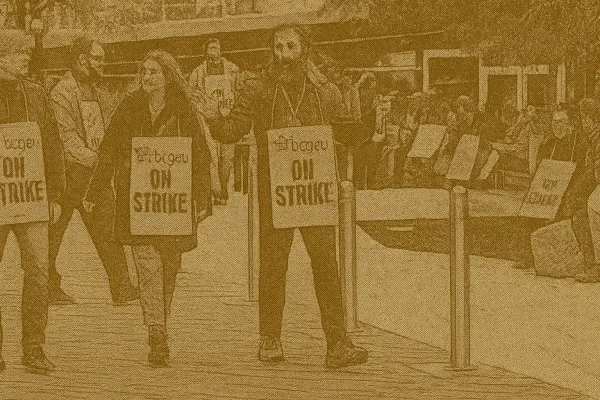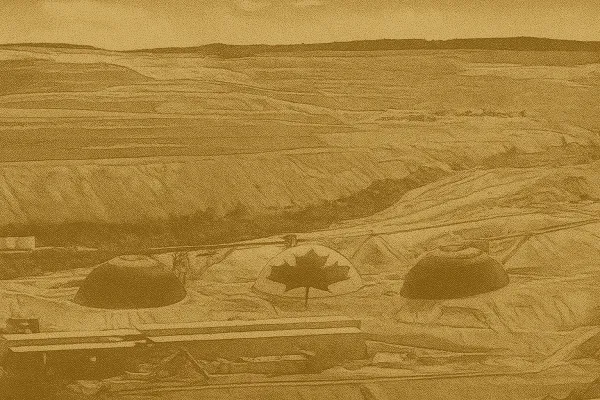Based on coverage from CBC, CTV, Global, and TimesColonist.
Tentative Agreement Reached in B.C. Public Service Strike
After eight weeks of picket lines and negotiations, the B.C. General Employees' Union (BCGEU) has reached a tentative agreement with the provincial government, potentially ending a strike that affected everything from liquor distribution to wildfire management. This development comes after intense mediation sessions, culminating in a deal struck early Sunday morning. The Professional Employees Association (PEA) has also decided to take down its picket lines and return to bargaining, signaling a possible resolution to the ongoing labour disputes.
The BCGEU represents over 25,000 workers, while the PEA covers more than 1,600 government-licensed professionals. Both unions have been on strike since early September, demanding better wages and working conditions amidst rising living costs. The tentative agreement includes a three per cent annual wage increase over four years, alongside targeted pay hikes for the lowest-paid public servants. BCGEU president Paul Finch expressed satisfaction with the deal, calling it a "hard-fought victory" for workers across the province.
Support The Canada Report and help keep it ad-free and independent — click here before you shop online . We may receive a small commission if you make a purchase. Your support means a lot — thank you.
Economic Impact of the Strike on B.C. Businesses
The strike's impact was felt across various sectors, particularly in hospitality, where the closure of BC Liquor and Cannabis stores led to significant supply chain disruptions. Restaurants and bars, already recovering from pandemic-related challenges, faced aggressive customer reactions due to alcohol shortages. Ian Tostenson, president of the B.C. Restaurant and Food Services Association, highlighted the urgency of reopening liquor distribution to prepare for the lucrative holiday season.
The strike also affected government services, including student loans, driver licensing, and IVF funding programs. Despite these disruptions, the BCGEU maintained essential services to minimize public inconvenience. Finch emphasized that the union's goal was to strengthen public services, not disrupt them, and thanked the public for their patience during the strike.
Next Steps for Union Members and Government
The tentative agreement now awaits ratification by BCGEU's 34,000 members, a process expected to unfold over the next two weeks. A simple majority vote is required for the deal to be finalized. Meanwhile, the PEA will continue negotiations with the government, having agreed to the same general wage increases proposed to the BCGEU.
Finance Minister Brenda Bailey expressed her approval of the tentative deal but refrained from further comments until the ratification process is complete. The agreement, if ratified, could set a precedent for future contracts with other unions in the province, providing a stable framework for labour relations as the next election approaches.
As the BCGEU prepares to resume work, the focus shifts to restoring normalcy in affected sectors. The Liquor Distribution Branch faces the challenge of replenishing stocks to meet demand, especially with the holiday season on the horizon. Despite the logistical hurdles, BCGEU members are eager to return to their roles, ensuring that critical services continue to support British Columbians.








